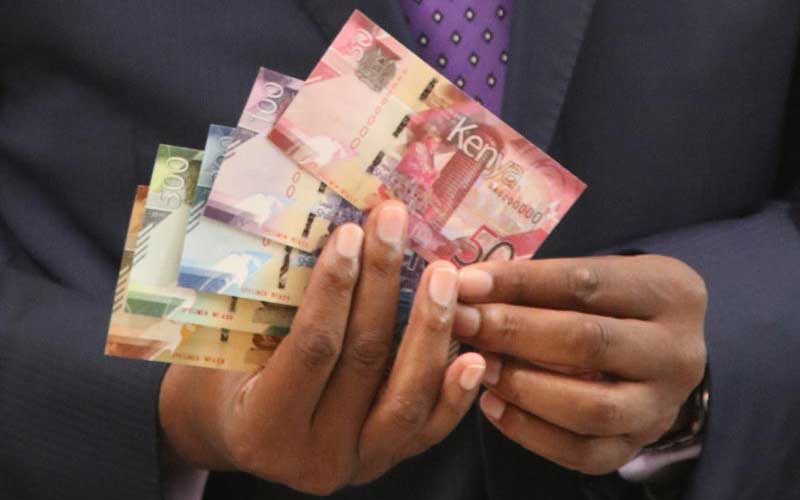×
The Standard e-Paper
Kenya’s Boldest Voice

I am not an economist. This is therefore not an intricate financial analysis or a discourse on complex economics.
But I understand enough to suggest that the purpose of Dr Patrick Njoroge’s Madaraka Day announcement is unstated. In his atypical address during a national day public event, the elusive Central Bank of Kenya governor announced that Kenya was finally issuing a new currency.